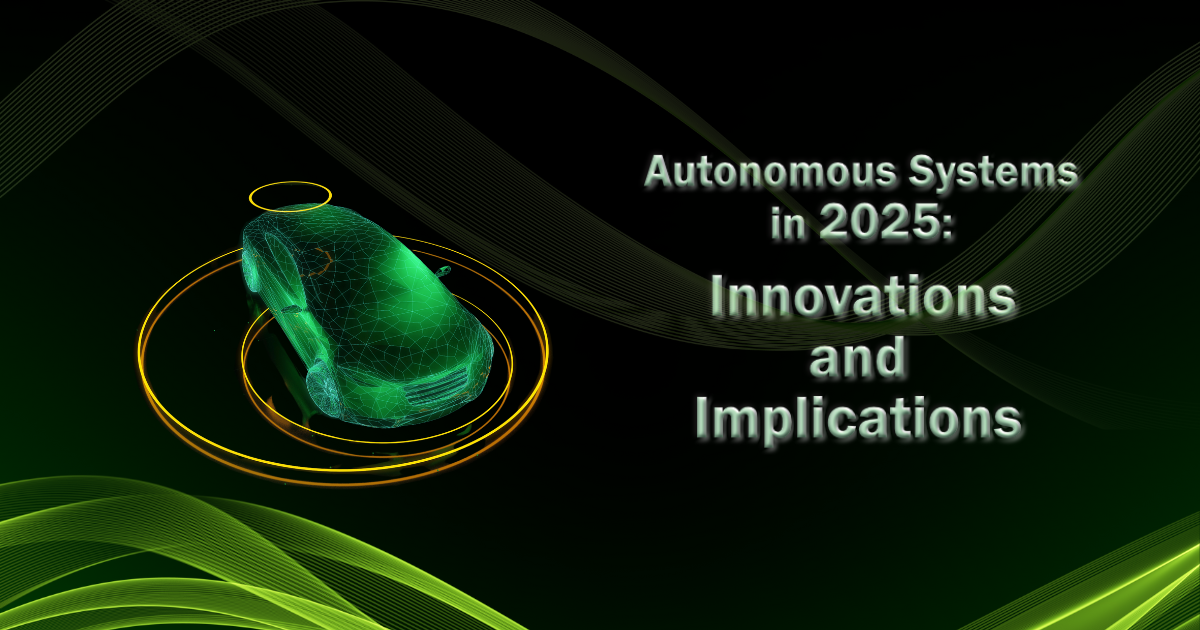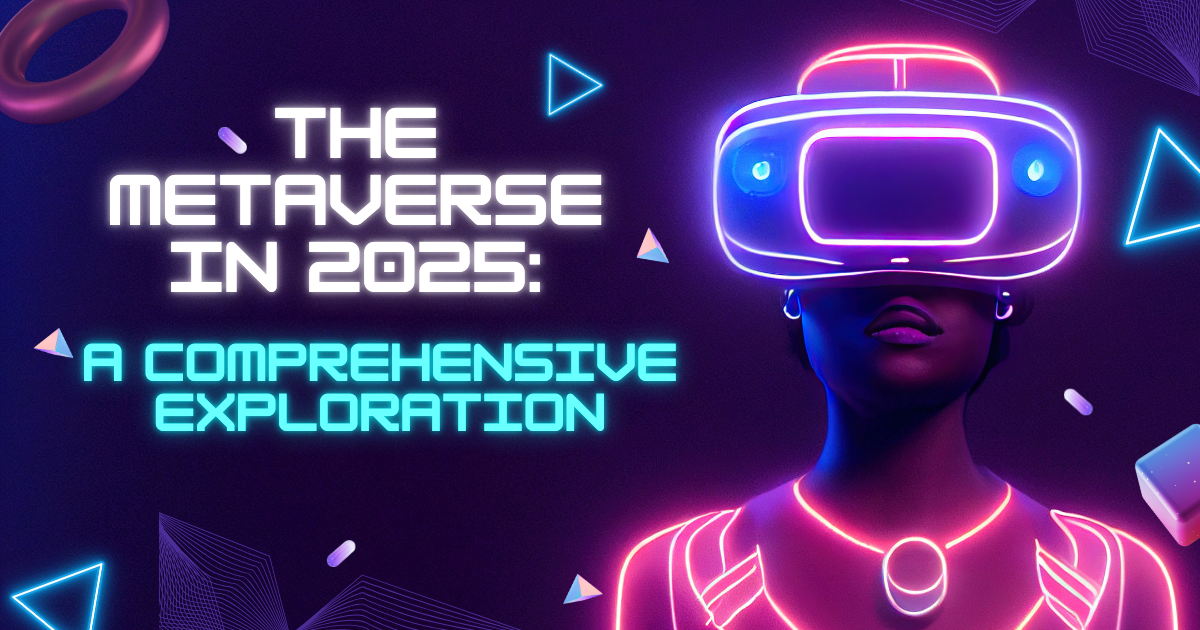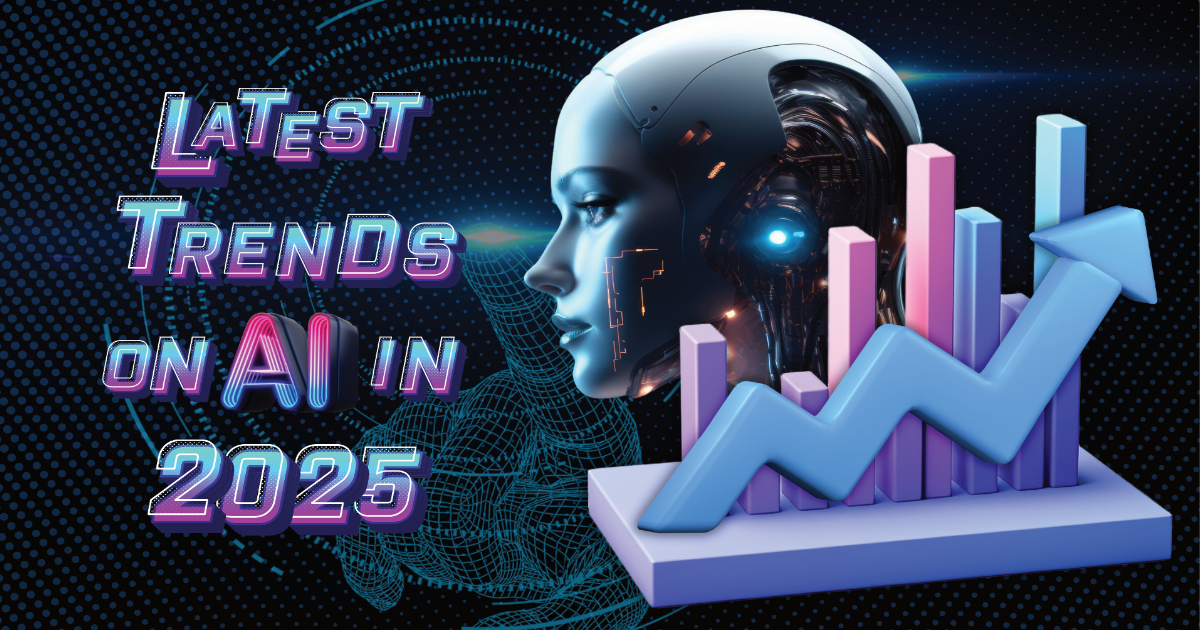
Artificial Intelligence (AI) is advancing at an unprecedented rate, driven by breakthroughs in computing power, algorithms, and data availability. Businesses across industries are capitalizing on AI innovations to stay competitive, enhance customer experiences, and streamline operations. As a Professional SEO Specialist, understanding these latest trends is critical to positioning your digital strategy in a way that leverages these technological advances. This article delves into the top AI trends of 2024, exploring their implications for the future and how they reshape the digital marketing landscape.
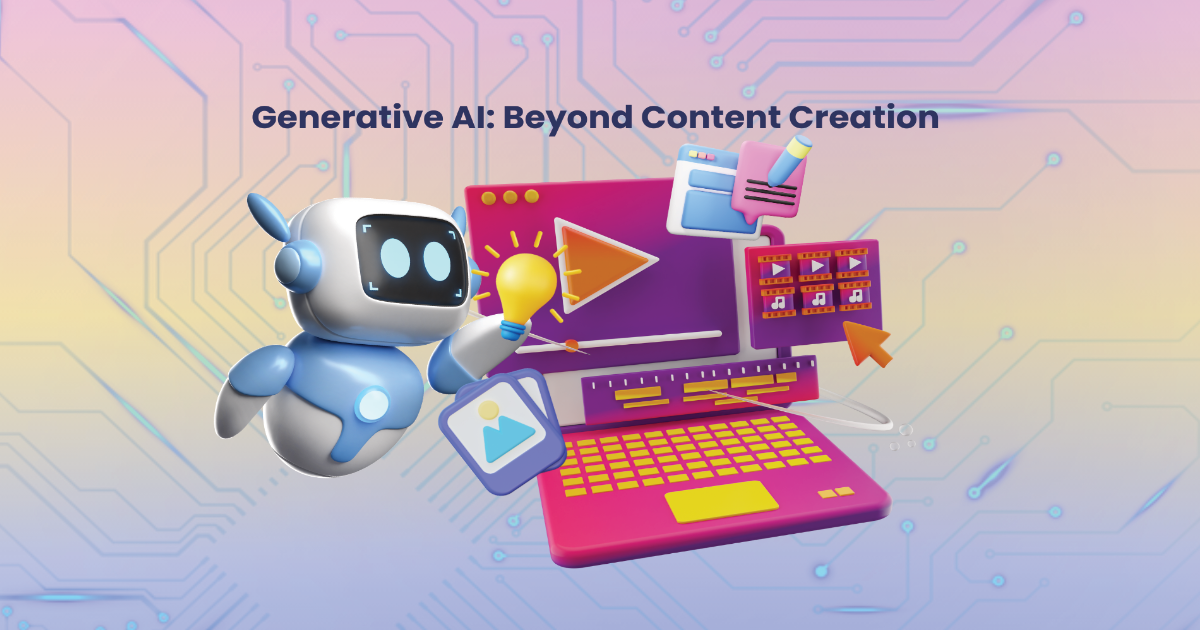
1. Generative AI: Beyond Content Creation
Generative AI continues to be a key trend, transforming content creation, design, and business strategies. With models like GPT-4 and beyond, AI is now capable of generating highly sophisticated text, images, and even videos. These models are making strides in creative industries by designing marketing campaigns, composing music, or creating virtual environments.
Implications for SEO
As AI-generated content becomes more ubiquitous, the challenge for SEO specialists is distinguishing high-quality, engaging content that aligns with search intent from AI-produced generic material. Google’s evolving algorithms prioritize content that demonstrates expertise, authority, and trustworthiness (E-A-T). Therefore, SEO professionals must integrate AI tools into their workflows while maintaining the human touch that ensures relevance and emotional resonance.
For instance, AI can be used to assist in keyword research, content generation, and optimization, but the final output should still be refined and edited by a human to ensure it meets user needs and search engine standards. AI-driven content optimization tools like Clearscope and Surfer SEO will play an increasingly important role in the SEO toolkit in 2024, helping professionals analyze search data and refine content strategies.
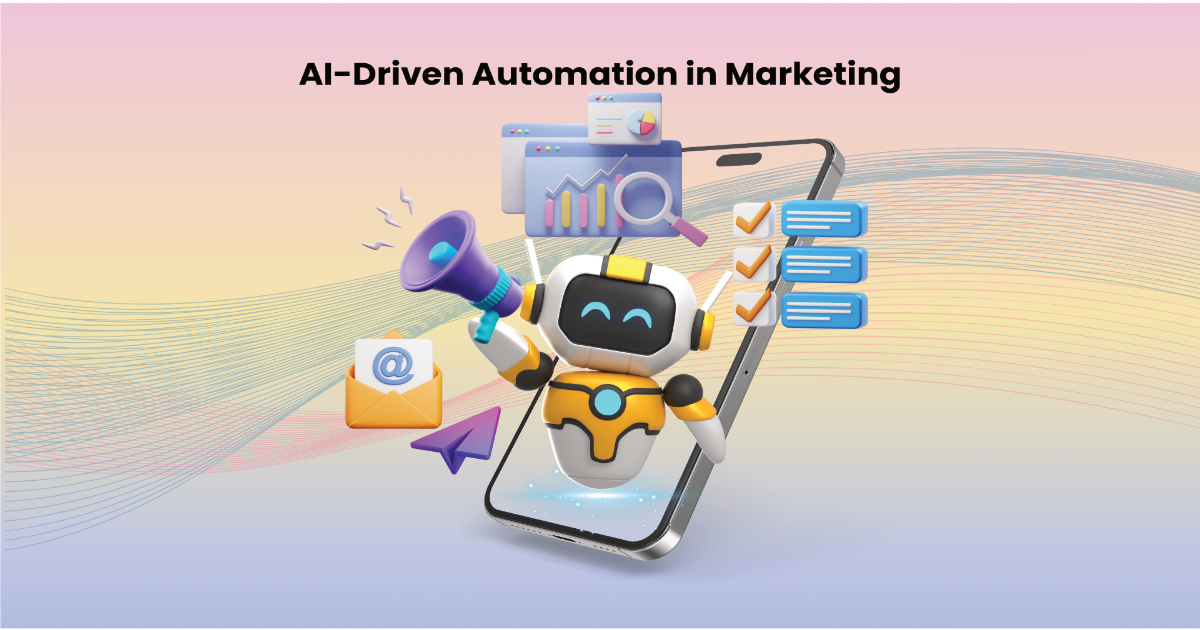
2. AI-Driven Automation in Marketing
Automation powered by AI is becoming a core trend in marketing, helping businesses automate repetitive tasks, enhance personalization, and improve efficiency. AI is increasingly integrated into Customer Relationship Management (CRM) systems, enabling the automation of email marketing campaigns, customer segmentation, and personalized recommendations.
Implications for SEO
From an SEO perspective, AI-driven marketing automation enhances scalability. AI tools like HubSpot’s AI-powered CRM and Salesforce’s Einstein can automate lead nurturing, content distribution, and keyword monitoring, helping businesses optimize their marketing efforts while focusing on strategy. SEO specialists can harness AI to automate tedious tasks such as site audits, backlink analysis, and reporting, allowing them to focus on higher-level tactics that drive growth.
Moreover, AI’s ability to personalize user experiences can improve website engagement and retention metrics, both of which are essential for SEO rankings. AI-powered chatbots, such as those seen in e-commerce platforms, ensure that visitors get personalized assistance, increasing user interaction and, in turn, enhancing SEO performance through metrics like dwell time and reduced bounce rates.
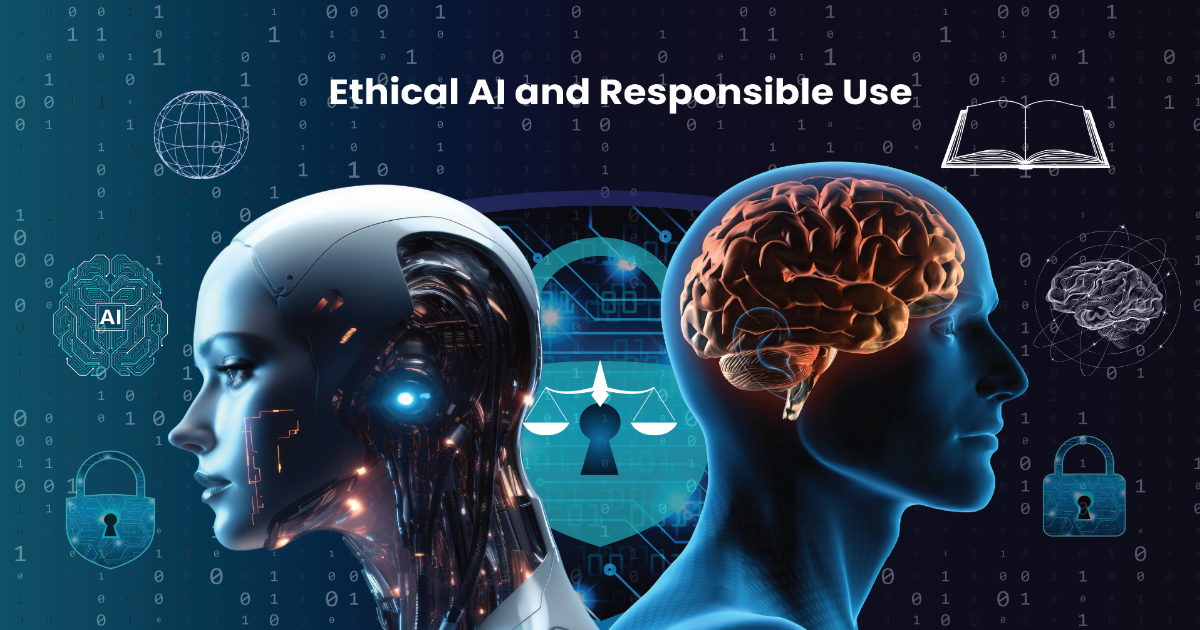
3. Ethical AI and Responsible Use
As AI technologies mature, the conversation around ethical AI is becoming more prominent. Issues surrounding data privacy, algorithmic bias, and the ethical implications of AI in decision-making processes are now at the forefront of public discourse. In 2024, businesses are increasingly held accountable for the ethical use of AI technologies.
Implications for SEO
Search engines are progressively considering ethical factors when ranking content. Websites that prioritize ethical AI practices and transparency in data usage are likely to gain favor with users and search engines alike. SEO specialists must now think beyond keyword optimization and focus on ethical transparency, particularly when AI is involved in data collection or personalized experiences.
Moreover, businesses must ensure that AI-driven personalization does not violate privacy regulations, such as GDPR or CCPA. As data privacy laws continue to evolve, SEO professionals must work closely with compliance teams to ensure that marketing practices meet legal standards while maintaining user trust.
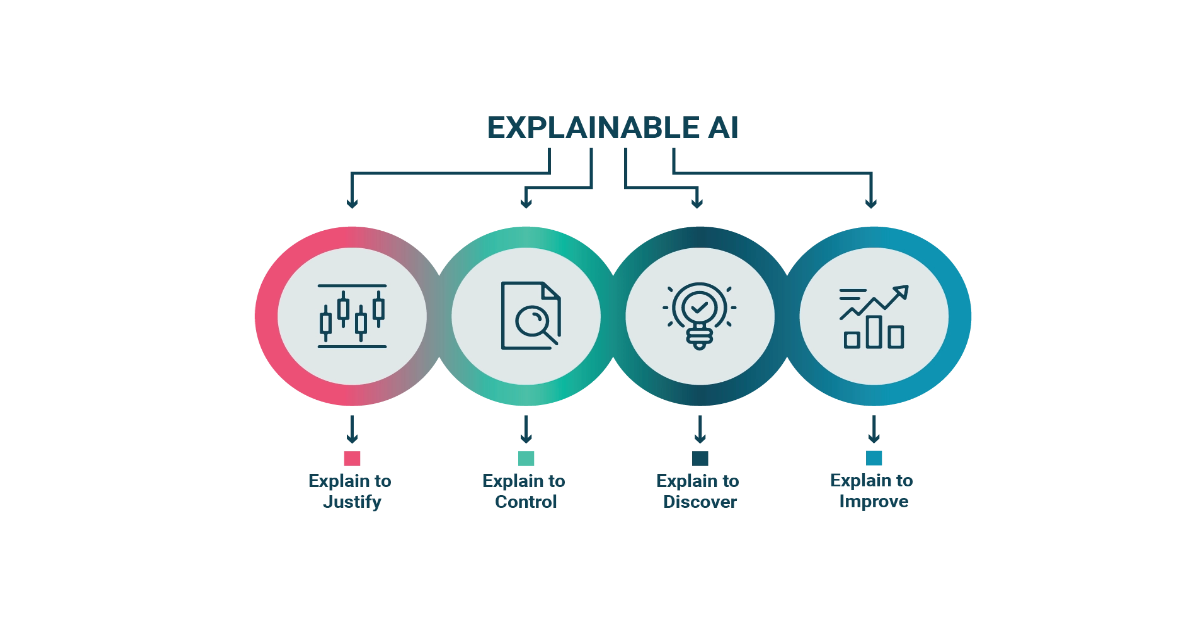
4. Explainable AI (XAI)
Explainable AI (XAI) is an emerging trend that addresses the “black box” problem of AI—where even developers don’t fully understand how AI models arrive at certain conclusions. XAI aims to make AI processes more transparent, explainable, and understandable to humans. In 2024, companies are increasingly adopting XAI to ensure the decision-making processes of their AI systems are transparent and trustworthy.
Implications for SEO
For SEO, XAI can improve user trust and engagement by providing more transparency in algorithms, which can benefit website rankings. Google has made efforts toward explainability in its algorithms, and sites that embrace transparency in their AI-powered solutions could gain a competitive edge. SEO specialists must also keep an eye on tools that integrate XAI to better understand search engine behavior, helping them optimize content based on more precise insights into how algorithms assess content quality.
Furthermore, XAI has significant implications for industries like finance and healthcare, where transparency is paramount. SEO specialists working with these industries will need to ensure that XAI integration aligns with search optimization strategies to boost content credibility and trustworthiness.
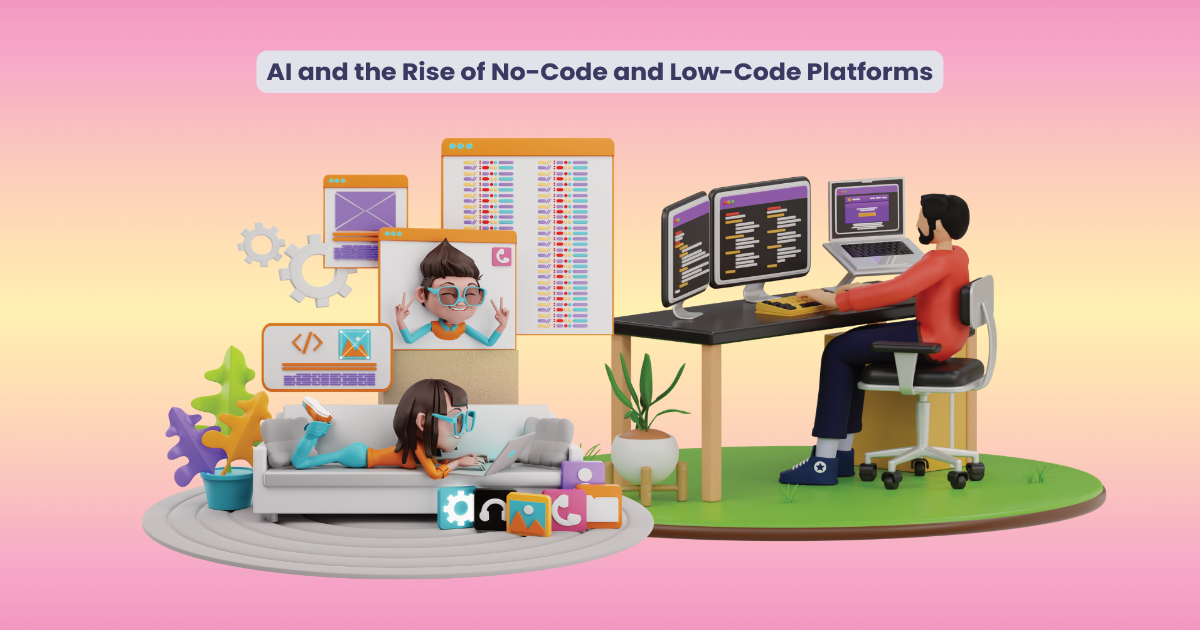
5. AI and the Rise of No-Code and Low-Code Platforms
In 2024, no-code and low-code platforms are gaining momentum, allowing businesses to build AI-driven applications without extensive programming knowledge. These platforms democratize AI development, enabling more businesses to create AI tools, from chatbots to data analytics solutions, without hiring specialized developers.
Implications for SEO
No-code and low-code AI platforms enable SEO specialists to implement AI-driven solutions for website optimization more efficiently. These platforms allow professionals to create tools like chatbots, A/B testing algorithms, and AI-based content recommendations without requiring deep coding skills. This democratization empowers marketers and SEO specialists to experiment with AI and customize AI-driven SEO solutions to meet specific needs.
For example, no-code tools like Zapier or Webflow make it easier to automate repetitive tasks like data entry, content distribution, or reporting. This efficiency frees up time for SEO professionals to focus on strategic activities like enhancing user experience (UX) or improving site architecture.
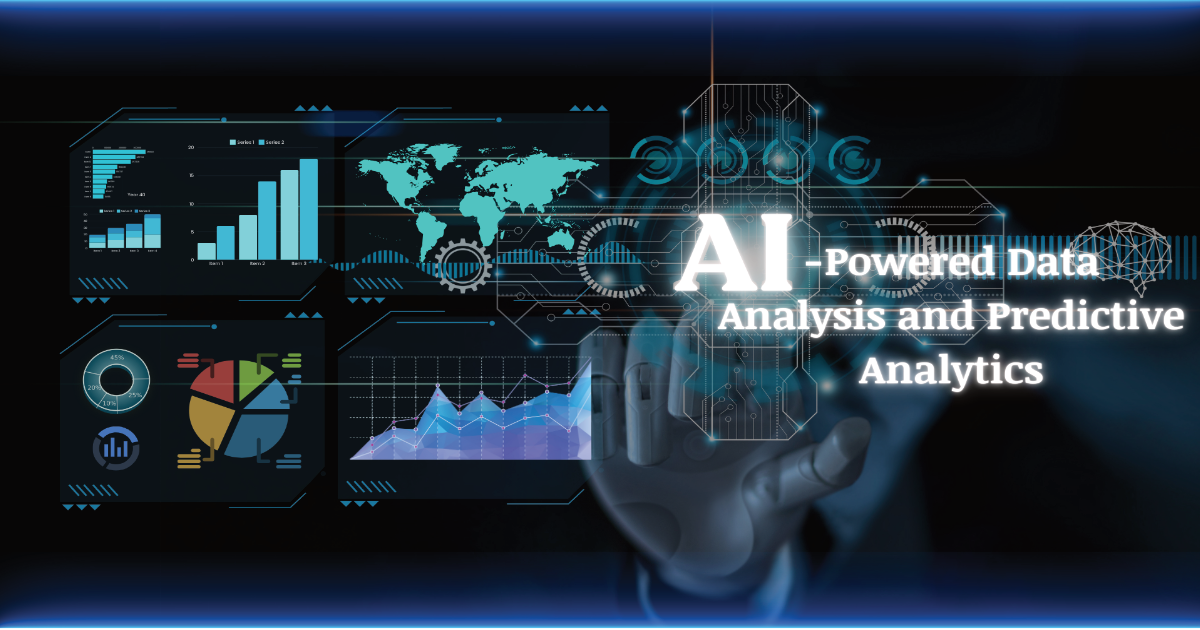
6. AI-Powered Data Analysis and Predictive Analytics
Predictive analytics is one of the most significant advancements AI has brought to businesses. In 2024, AI-powered data analytics tools are more sophisticated, allowing businesses to predict trends, customer behaviors, and market movements with greater accuracy. These tools use historical data, machine learning, and real-time data inputs to offer actionable insights.
Implications for SEO
SEO is inherently data-driven, and AI-powered predictive analytics takes data analysis to the next level. SEO specialists can now predict keyword trends, search intent, and content performance with greater precision. Predictive SEO tools such as SEMrush’s Keyword Magic Tool and Ahrefs’ Content Explorer leverage AI to forecast search trends, helping specialists optimize content proactively.
Moreover, predictive analytics can enhance A/B testing by analyzing large datasets more effectively, providing insights into what drives user engagement or conversions. SEO professionals can use these tools to anticipate algorithm changes, adapt strategies in real-time, and gain a competitive edge in organic search.

7. AI in Cybersecurity
With the increasing sophistication of cyber threats, AI is playing a critical role in enhancing cybersecurity measures. AI algorithms can detect anomalies in real-time, identifying potential threats before they escalate into major security breaches.
Protecting Data and Privacy
For businesses, the integration of AI into cybersecurity tools offers enhanced protection against data breaches and attacks. AI can quickly analyze vast amounts of data, identifying patterns that signal malicious activity.
SEO specialists must be aware of the implications of AI in cybersecurity. As search engines prioritize secure websites, ensuring that a business’s online platforms are protected by AI-driven cybersecurity measures can improve their SEO rankings and build user trust.
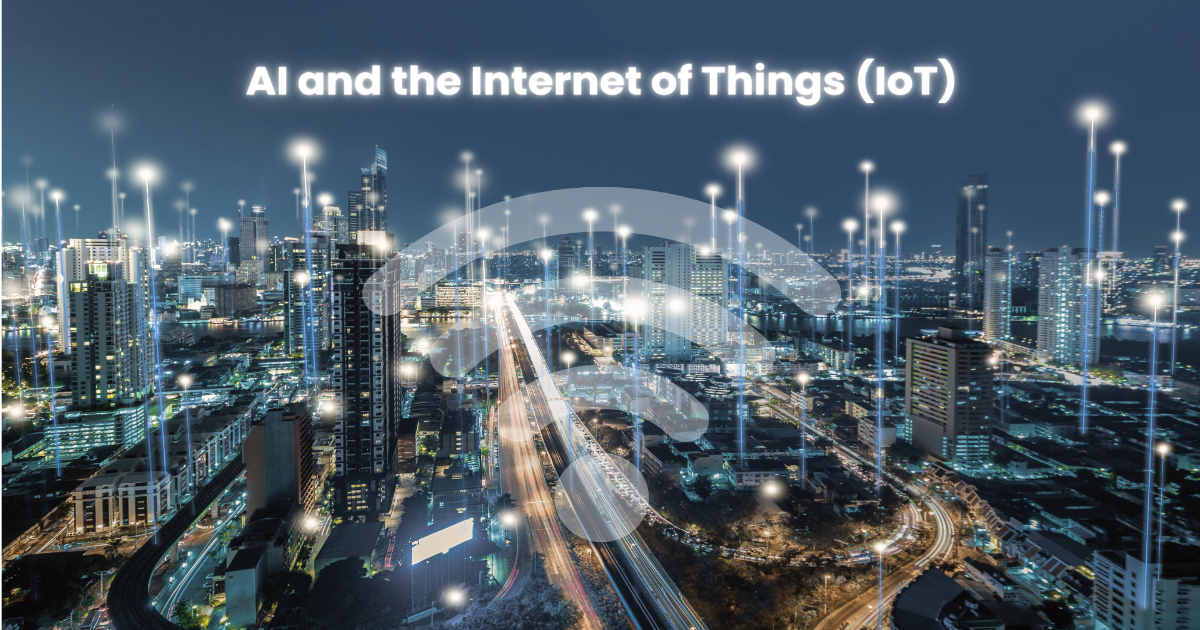
8. AI and the Internet of Things (IoT)
The convergence of AI and IoT is driving innovation across various industries. AI-powered IoT devices can collect and analyze data in real-time, providing businesses with valuable insights into operations, customer behavior, and product performance.
Impacts on SEO and Digital Marketing
In digital marketing, AI and IoT together enable more dynamic and interactive user experiences. Smart devices that collect data on user behavior can inform marketing strategies, allowing businesses to deliver highly personalized content.
SEO professionals should be prepared to optimize content for IoT-driven search engines. As IoT devices become more prevalent, voice search and conversational AI will play an even larger role in how users search for information, requiring new SEO strategies that cater to this evolving landscape.
9. AI in Visual and Voice Search
Visual and voice search are transforming how users interact with search engines. AI-powered voice assistants like Google Assistant, Siri, and Alexa are becoming more prevalent, while visual search tools like Google Lens enable users to search the web using images rather than text. The rise of these technologies is shaping how SEO specialists approach search optimization in 2024.
Implications for SEO
With voice search becoming a popular method for information retrieval, SEO specialists must optimize content for conversational search queries. Voice search optimization focuses on long-tail keywords, natural language, and question-based queries. For example, creating content that answers specific user queries succinctly can improve visibility in voice search results.
On the other hand, visual search optimization requires ensuring that website images are optimized with descriptive alt text, high-quality visuals, and structured data. AI-driven image recognition technologies will become critical for e-commerce platforms where visual search is heavily used for product discovery.
As visual and voice search adoption grows, SEO specialists must adapt their strategies to cater to these new methods of search, ensuring websites are optimized for a multimodal search experience.
10. AI in Hyper-Personalization
Hyper-personalization refers to using AI and real-time data to deliver highly tailored customer experiences. In 2024, businesses are leveraging AI to personalize everything from content recommendations to product suggestions based on individual preferences, behaviors, and browsing history.
Implications for SEO
Hyper-personalization enhances user engagement and loyalty, which are essential metrics for SEO success. Websites that deliver personalized experiences—whether through dynamic content, personalized product recommendations, or custom user journeys—tend to have higher engagement metrics such as lower bounce rates and longer session durations.
SEO specialists should collaborate with data scientists to ensure that hyper-personalization efforts align with SEO goals. Personalization should not come at the expense of discoverability. Instead, a balance must be struck between personalized user experiences and search engine optimization, ensuring content is still accessible to search engines while catering to individual preferences.
11. AI and Natural Language Processing (NLP) in SEO
Natural Language Processing (NLP) is one of the core technologies driving AI’s advancements in search. NLP enables AI systems to understand, interpret, and generate human language more effectively. In 2024, search engines increasingly rely on NLP to understand search intent and deliver more accurate results.
Implications for SEO
Google’s BERT and MUM algorithms, both of which rely on NLP, have transformed how search engines process queries. SEO specialists need to focus on creating content that is not only keyword-rich but also contextually relevant. This means moving away from keyword stuffing and instead prioritizing well-structured, informative, and contextually appropriate content.
AI-powered NLP tools such as Copy.ai and Jasper help SEO professionals generate content that resonates with both search engines and users. These tools can assist in creating natural-sounding, highly optimized content that matches user intent and drives organic traffic.
12. AI for Multilingual SEO
As businesses expand globally, the need for multilingual SEO is growing. AI is helping businesses overcome language barriers by enabling more accurate and context-aware translations through advanced
machine translation tools like Google Translate and DeepL.
Implications for SEO
For SEO specialists, AI-driven translation tools simplify the process of optimizing content for international audiences. However, while AI can assist in translation, cultural nuances and context still require human oversight. SEO professionals must work closely with linguists or native speakers to ensure that translated content is culturally relevant and accurately conveys the intended message.
Multilingual SEO tools that leverage AI can help automate aspects of keyword research, translation, and localization for global search strategies, making it easier to optimize websites for international markets without sacrificing quality.
13. AI in Healthcare and Medicine
AI’s impact on healthcare is profound. From drug discovery to diagnostics, AI is revolutionizing the way medical professionals approach patient care. Machine learning algorithms are being used to analyze medical images, predict patient outcomes, and assist in surgery.
Opportunities for Digital Health Marketing
The rise of AI in healthcare presents unique opportunities for digital marketers in the health industry. By leveraging AI-driven insights, businesses can target specific patient demographics, delivering personalized content that addresses their unique health concerns.
SEO specialists working in the healthcare sector must be aware of the latest AI-driven tools and technologies. Optimizing content for medical AI platforms and ensuring that websites comply with health regulations will be critical for success.

